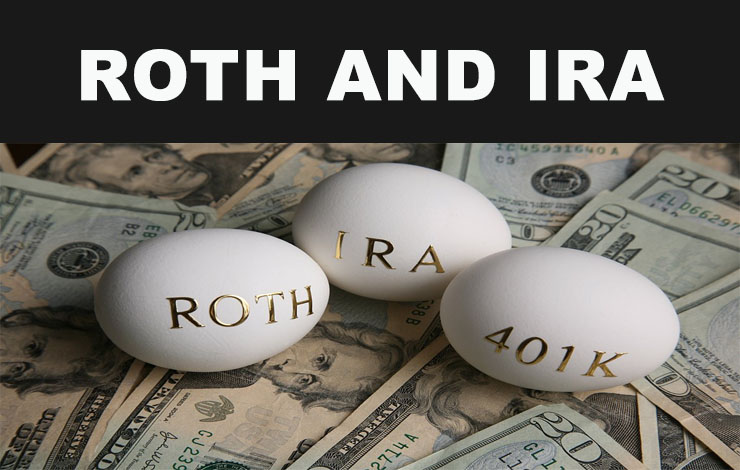In the realm of retirement planning, the choice between a Traditional IRA and a Roth IRA is a crucial decision that can shape your financial future. As of 2023, individuals face the challenge of weighing the benefits and drawbacks of these two distinct retirement accounts.
This article seeks to provide a comprehensive exploration of the factors to consider when making this pivotal choice, offering insights to help you navigate the complexities with a human touch.
What are Traditional and Roth IRAs, and How Do They Work?
Before diving into the decision-making process, it’s essential to grasp the fundamentals. In 2023, a Traditional IRA is a tax-advantaged account where contributions may be tax-deductible, and withdrawals are taxed upon distribution in retirement. On the other hand, a Roth IRA allows contributions with after-tax money, and qualified withdrawals are tax-free.
Your Current and Future Tax Situation
A fundamental factor in the Traditional vs. Roth IRA decision is your tax outlook. Consider your current tax bracket and anticipated retirement tax bracket. In 2023, if you expect your tax rate to be higher during retirement, a Roth IRA might be preferable, as it allows tax-free withdrawals. Conversely, if you anticipate a lower tax rate in retirement, a Traditional IRA’s upfront tax deduction could be more advantageous.
Immediate Tax Benefits vs. Tax-Free Withdrawals
One of the primary differentiators between the two IRAs is the timing of tax benefits. In 2023, a Traditional IRA offers immediate tax deductions on contributions, potentially reducing your taxable income for the year. In contrast, a Roth IRA lacks upfront tax deductions but provides the benefit of tax-free withdrawals during retirement.
Eligibility and Income Limits
Eligibility plays a role in your IRA decision. As of 2023, Traditional IRAs have no income limits for contributions, but tax deductibility might be restricted based on income and participation in employer-sponsored plans. Roth IRAs, however, have income limits that can impact your ability to contribute.
Required Minimum Distributions (RMDs)
RMDs are a key consideration for Traditional IRAs. Starting at age 72 (as of 2023), the IRS mandates withdrawals from Traditional IRAs, which are subject to income tax. Roth IRAs have no RMDs during the account owner’s lifetime, offering more flexibility in managing withdrawals during retirement.
Investment Flexibility and Estate Planning
The type of investments and estate planning goals can influence your decision. In 2023, Traditional and Roth IRAs offer various investment options. Roth IRAs, however, have an edge for estate planning, as they don’t mandate withdrawals, potentially allowing for tax-free wealth transfer to beneficiaries.
Short-Term vs. Long-Term Goals
Evaluate your short-term and long-term financial goals. If you need immediate tax deductions and foresee a lower tax rate during retirement, a Traditional IRA might align with your goals. On the other hand, if you prioritize tax-free withdrawals and long-term growth potential, a Roth IRA could be the wiser choice.
Flexibility in Withdrawals
Both IRAs offer some degree of withdrawal flexibility. However, in 2023, Roth IRAs provide more lenient withdrawal options, allowing you to access your contributions (not earnings) penalty-free at any time. Traditional IRA withdrawals before age 59½ may incur a 10% early withdrawal penalty.
What did we learn in this article?

What have we learned
Choosing between a Traditional IRA and a Roth IRA requires a careful evaluation of your financial circumstances, tax considerations, and long-term goals. As of 2023, the factors encompass your current and future tax situation, tax benefits, eligibility, RMDs, investment preferences, and more.
By aligning your IRA choice with your unique financial aspirations, you can forge a retirement savings strategy that best serves your interests and secures a comfortable financial future.
